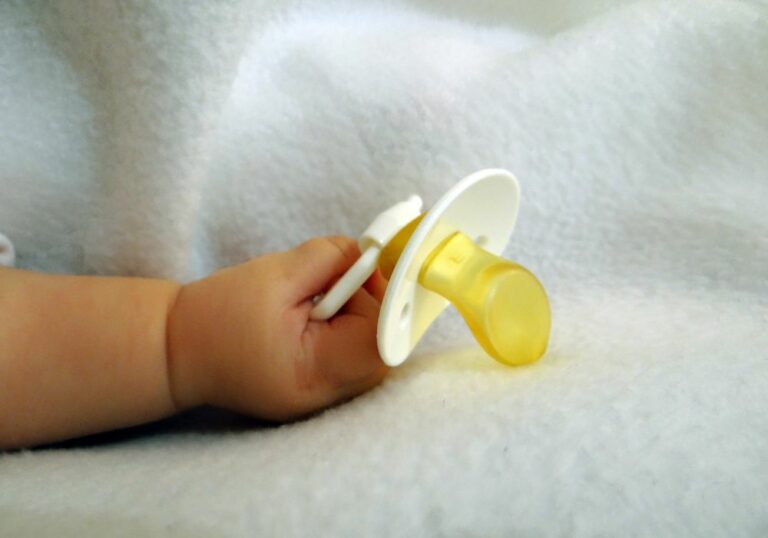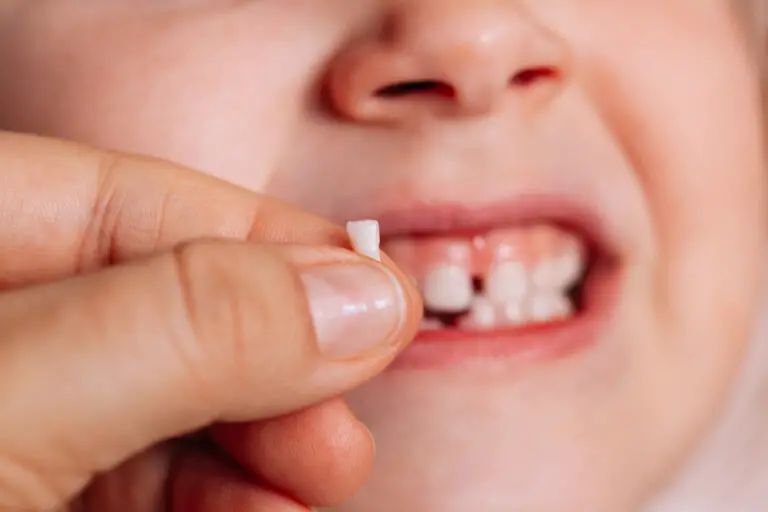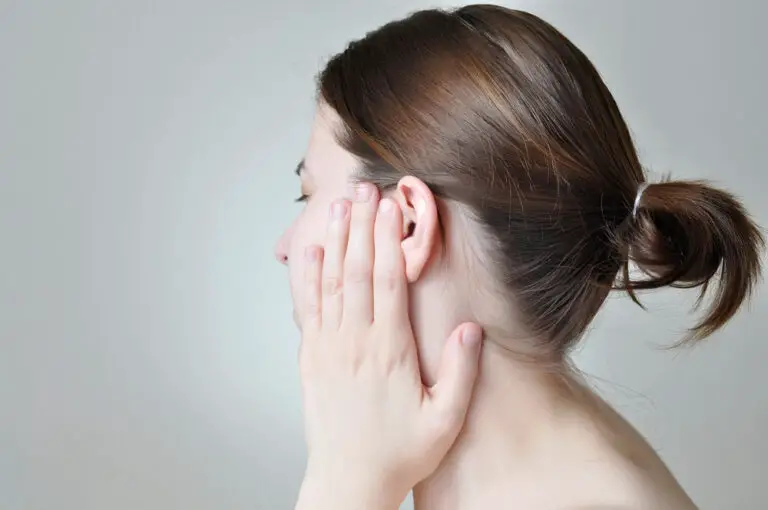Having a bright, healthy smile starts with taking good care of your teeth and gums. But if you’re dealing with issues like cavities, gum disease, staining, or bad breath, you may be wondering how to turn things around quickly. The good news is that with the right combination of daily habits, diet changes, and professional treatment, you can improve your oral health in as little as a few weeks. Here’s a comprehensive guide on how to get healthy teeth and gums fast.
Develop an Effective Brushing and Flossing Routine
Regular brushing and flossing is crucial for controlling plaque, a sticky film of bacteria on teeth. When plaque builds up, it irritates gums and produces acids that decay teeth. Here are some tips for excellent at-home oral hygiene:
- Brush Teeth Twice Daily for 2 Minutes – Dentists universally recommend brushing teeth twice per day for a full 2 minutes each session. Set a timer or use a smart toothbrush to ensure you brush for the recommended length of time.
- Use Proper Brushing Technique – Carefully brush the outer, inner, and chewing surfaces of all teeth using short, gentle strokes. Hold the brush at a 45-degree angle near the gumline. Avoid scrubbing harshly, which can damage gums.
- Choose a Soft Bristle Toothbrush – Soft or extra-soft bristles are gentle on gums. Replace your toothbrush every 3 months, or sooner if the bristles splay out.
- Use Fluoride Toothpaste – Fluoride strengthens enamel and protects against decay. Use a pea-sized amount of toothpaste with at least 1000 ppm fluoride.
- Floss Once Daily – Flossing removes plaque and food debris between teeth that brushing misses. For most effective flossing, use 18 inches wrapped around each middle finger with 1-2 inches to grip. Gently glide floss between teeth down to the gumline.
- Floss Before Brushing – Flossing loosens plaque so brushing can remove it more effectively. End your oral care routine by brushing and rinsing well.
- Don’t Rinse After Brushing – Let fluoride toothpaste remain on teeth to strengthen enamel longer. Only spit out excess.
With twice daily brushing and daily flossing, you disrupt dental plaque before it can harden into tartar or cause harm to teeth and gums.
Choose the Right Oral Care Products
Specialized tools and products tailor your oral hygiene routine to your specific needs for healthier gums and teeth. Consider adding these items:
- Antimicrobial or Anti-Gingivitis Mouthwash – Rinse daily to kill bacteria that cause plaque, gingivitis and bad breath. Studies show anti-gingivitis rinses reduce gum bleeding by 40%.
- Tongue Scraper – Use a tongue scraper daily to remove bacteria and food debris that cause bad breath. Metal scrapers are more effective than plastic.
- Prescription Fluoride Rinse – If you have cavities or gum disease, your dentist may prescribe a high concentration fluoride rinse for additional protection and enamel strengthening.
- Xylitol Gum – Chew sugar-free gum with xylitol after meals and snacks. Xylitol prevents bacteria from adhering to teeth.
- Electric Toothbrush – Electric toothbrushes remove up to 21% more plaque than manual brushing. Opt for a model with pressure sensors to avoid over-brushing.
- Floss Picks – If dexterity challenges make flossing difficult, floss picks allow easy cleaning between teeth without the hassle of wrapping floss.
- Water Flosser – Water flossing removes plaque and debris from gumline areas traditional floss can’t reach. Use with floss for optimal oral hygiene.
- MI Paste – This calcium phosphate paste helps strengthen and remineralize weakened enamel to prevent cavities. Spread thinly on teeth before bed.
Using products tailored to your specific oral health needs takes your care routine to the next level.
Improve Your Tooth-Friendly Diet
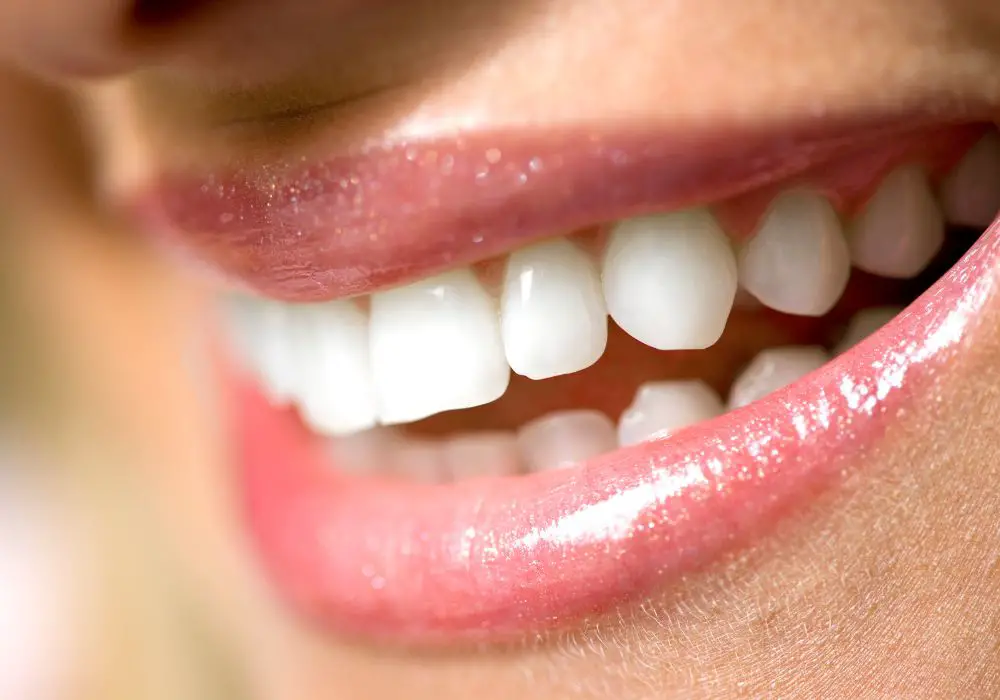
A balanced, tooth-friendly diet reduces plaque while supplying essential nutrients for strong teeth and gums. Here are diet tweaks to boost oral health:
- Eat More Fruits and Vegetables – Produce like apples, carrots, celery and kale help clean teeth naturally while providing vitamins and antioxidants. Just avoid dried fruits high in sugar.
- Choose Dairy for Calcium – Yogurt, milk, and cheese are rich sources of calcium and vitamin D for stronger enamel. Opt for low-fat versions.
- Drink Mostly Water – Water produces saliva to wash away acidic foods and neutralize plaque acids. Limit sugary or acidic drinks like juice, alcohol, coffee and soda.
- Limit Sticky and Hard Foods – Sticky foods like dried fruit, caramel and candy get trapped in teeth. Hard foods like nuts and popcorn can damage teeth under force. Rinse well after eating them.
- Avoid Sugary Treats – Candy, cookies, cake, and other sweets feed plaque bacteria and produce enamel-eroding acid. Have desserts only occasionally after thorough brushing.
Adjusting your eating patterns by reducing sugar, drinking more water, and eating crunchy produce promotes a mouth environment where teeth stay strong and plaque bacteria can’t thrive.
Get Professional Cleanings and Oral Exams
No matter how thoroughly you brush and floss at home, some plaque and tartar will accumulate in hard to reach spots. Regular professional cleanings remove this built-up debris. Here’s why visiting your dentist regularly is key:
- Plaque Removal – Cleanings remove plaque and tartar from along and under the gumline that you can’t reach with normal brushing and flossing.
- Polishing Treatment – After plaque removal, teeth are polished smooth. This removes stains and creates a cleaning surface less likely to collect new plaque.
- Early Detection – Dentists examine your whole mouth and use x-rays to detect issues like cavities, worn enamel, gum disease, and other problems in early reversible stages.
- Prevention Plan – Your dentist recommends personalized treatment to prevent existing oral health issues from worsening. This may include fluoride treatments, medicated rinses, gum disease therapy, fillings, sealants and more.
Most dentists recommend a thorough oral prophy cleaning and exam every 6 months. For people with gum disease or other high risk factors, quarterly cleanings may be advised. Don’t skip your routine cleanings – they make at-home care more effective.
Seek Treatment for Existing Oral Health Problems
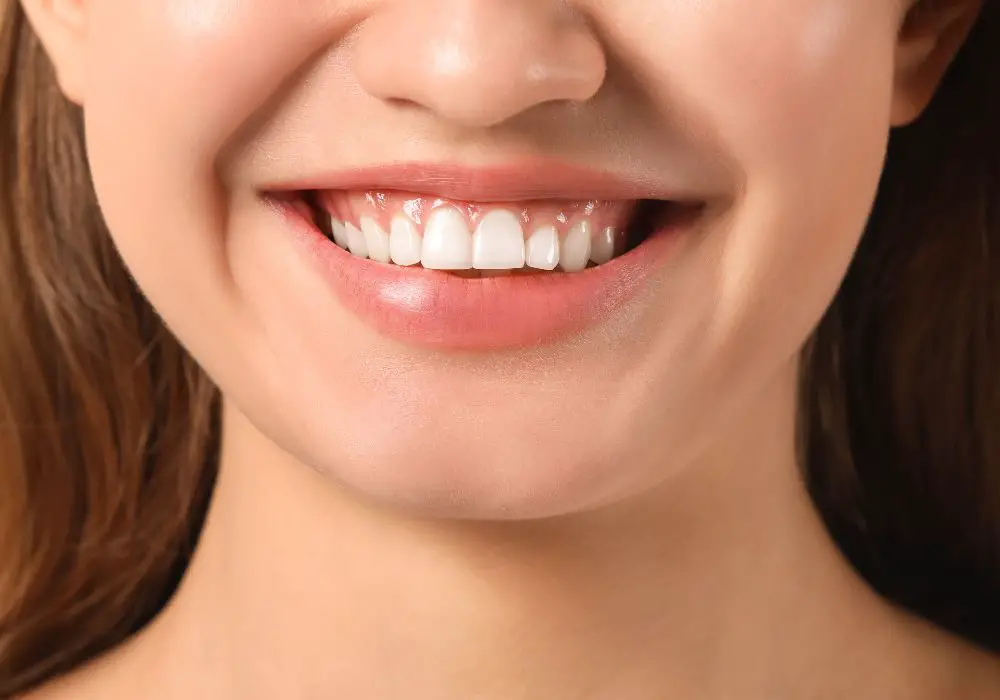
If your teeth and gums already have significant damage from advanced decay, gum disease, trauma, or other issues, swift professional treatment is key to turn your situation around.
For Tooth Decay:
- Fillings – Remove decay and restore teeth with composite resin or amalgam fillings.
- Crowns – Cover and strengthen badly damaged teeth.
- Root Canals – Save severely decayed teeth with deep cleaning and sealing.
For Gum Disease:
- Deep Cleaning – Removes hardened tartar above and below the gumline.
- Medications – Prescription antimicrobial rinses reduce infection and inflammation.
- Laser Therapy – Laser light kills bacteria in infected gum pockets.
For Missing Teeth:
- Dental Implants – Replace missing teeth with titanium implants fused into the jawbone to hold replacement teeth.
- Dental Bridges – False teeth fused to natural teeth on either end to fill a gap.
- Partial/Full Dentures – Removable plastic or wire appliances that replace missing teeth.
Don’t put off necessary treatments. Fixing oral health problems prevents additional loss of tooth structure as well as bone loss in the case of gum disease. Complete therapy leads to healthy and functional teeth for years to come.
Maintain Results Through Ongoing Care
Getting your teeth and gums healthy in the short-term takes diligent effort. Maintaining that health means sticking to your new habits and professional care regimen. Here are some final tips:
- Keep up your oral hygiene routine of brushing, flossing and using the right products for your needs. Mark your 6 month checkup on the calendar.
- Follow your dentist’s customized recommendations for fluoride, prescription strength rinses, gum disease therapies, etc.
- Eat a low-sugar, high produce diet and drink mainly water to balance the mouth’s bacterial environment.
- Don’t miss your 6 month cleanings and exams to catch issues early before they become serious.
- Get any recommended fillings, sealants, or other treatments promptly to prevent additional tooth damage.
By sticking to positive oral health habits with consistency, your brighter, healthier smile will last. Don’t wait until you have obvious issues to take action. A little prevention and care now means excellent oral health for years to come.
Frequently Asked Questions About Getting Healthy Teeth and Gums Fast

How long does it take to reverse gum disease?
With professional deep cleanings and daily prescription antimicrobial rinses, early stage gingivitis can resolve within a few weeks. More severe periodontitis may take 3-6 months to get under control. Stick with treatment to fully stabilize and heal diseased gum tissue.
What foods make the biggest impact for better oral health?
Some top foods for better oral health include: yogurt for probiotics to balance mouth bacteria, green tea to reduce inflammation, shiitake mushrooms which contain antibacterial compounds, tomatoes for vitamin C to strengthen gums, celery and carrots for their fiber and crunchy scrubbing action, and cheese for enamel-building calcium.
Will my gums grow back if receded?
In mild cases, meticulous oral hygiene paired with prescription gum disease rinses can reattach gums and stimulate some new growth. More significant recession with exposed roots often requires a gum graft procedure to place donor gums over denuded areas.
Can you rebuild enamel once it starts to wear down?
While enamel can’t regrow once worn away, early remineralization of weakened enamel is possible through fluoride, calcium phosphate pastes, xylitol gum, and lowering consumption of acidic foods. Dental bonding can also replace lost enamel.
Is it possible to get rid of canker sores quickly?
While no treatment eliminates canker sores overnight, using antimicrobial rinses, coating them with dental wax or Anbesol, avoiding spicy foods, taking vitamin B12, and applying aloe vera gel can reduce pain and speed healing. Most resolve within 1-2 weeks.


